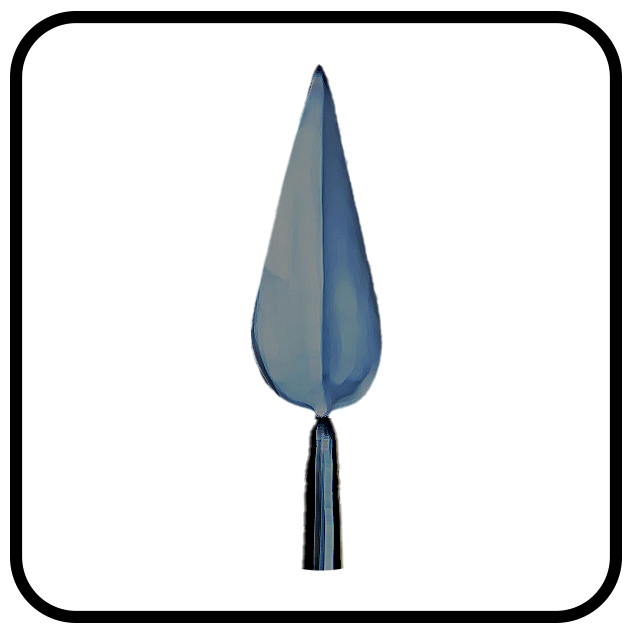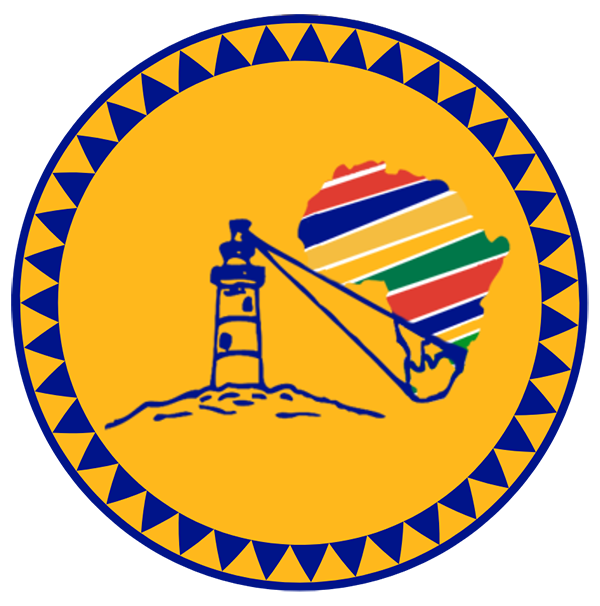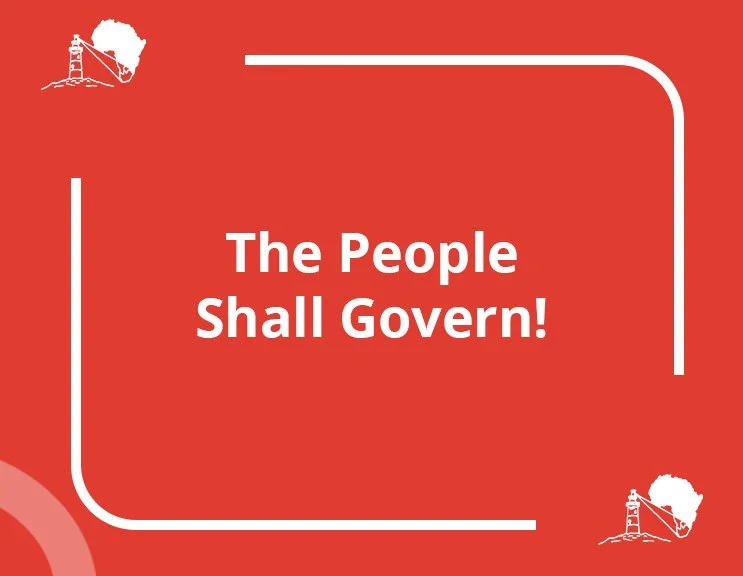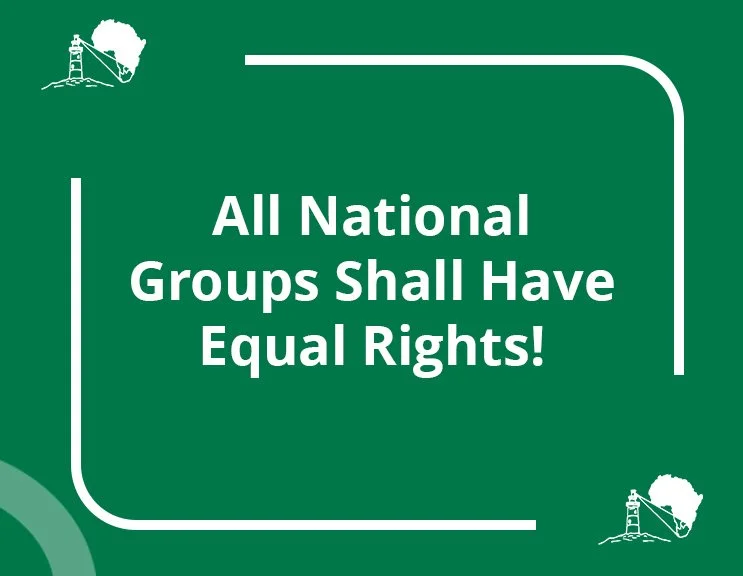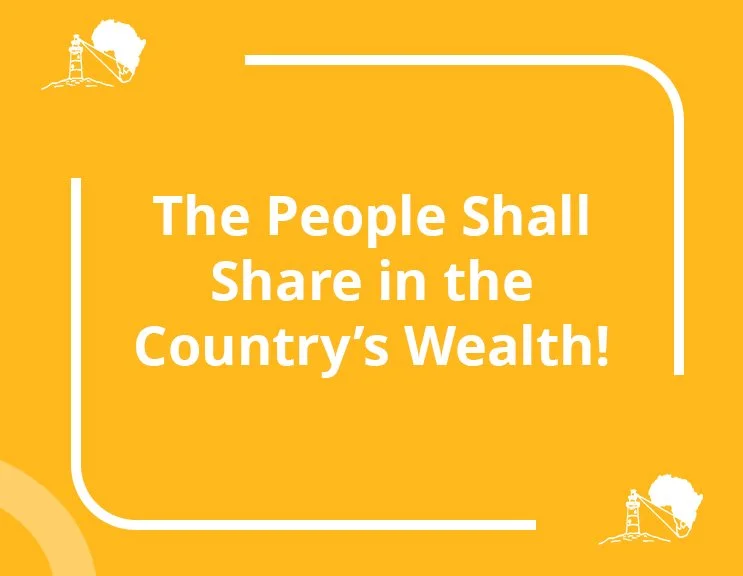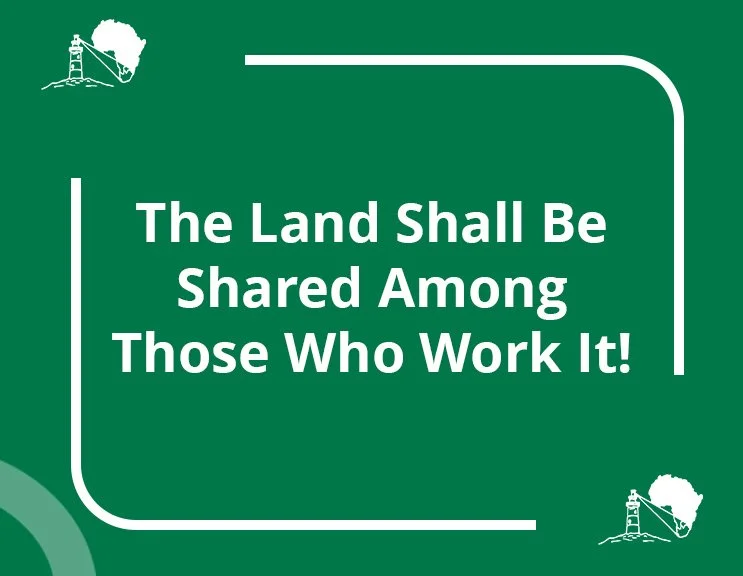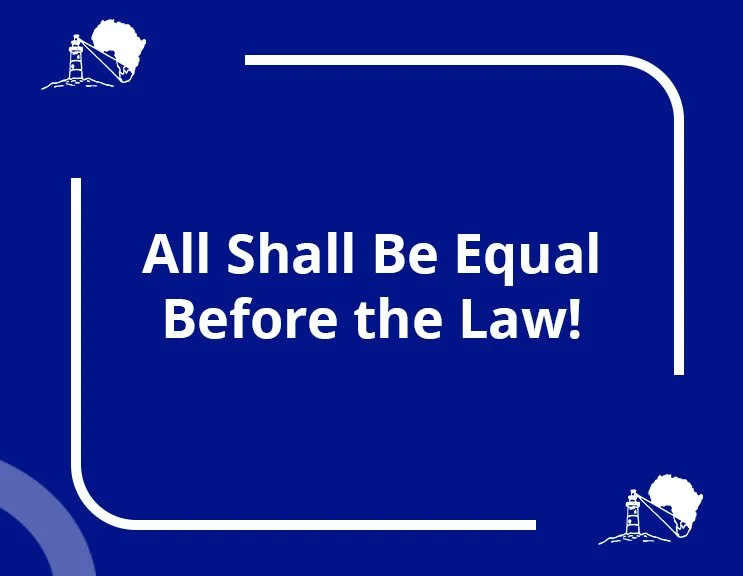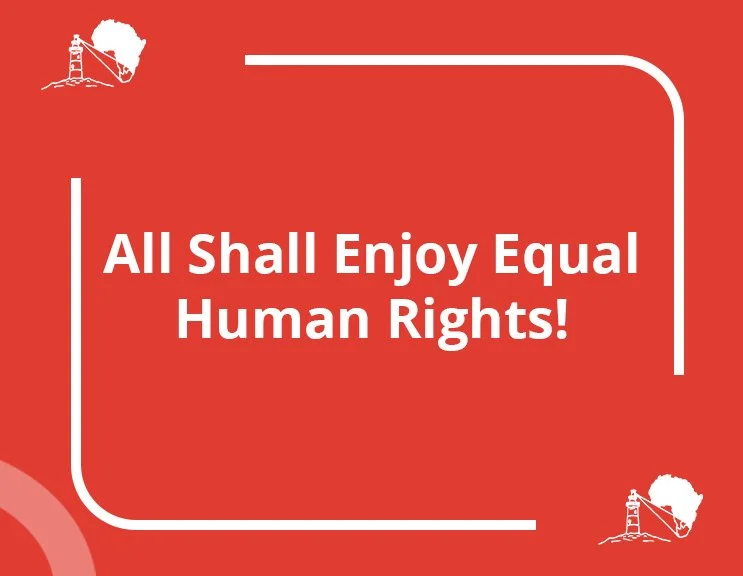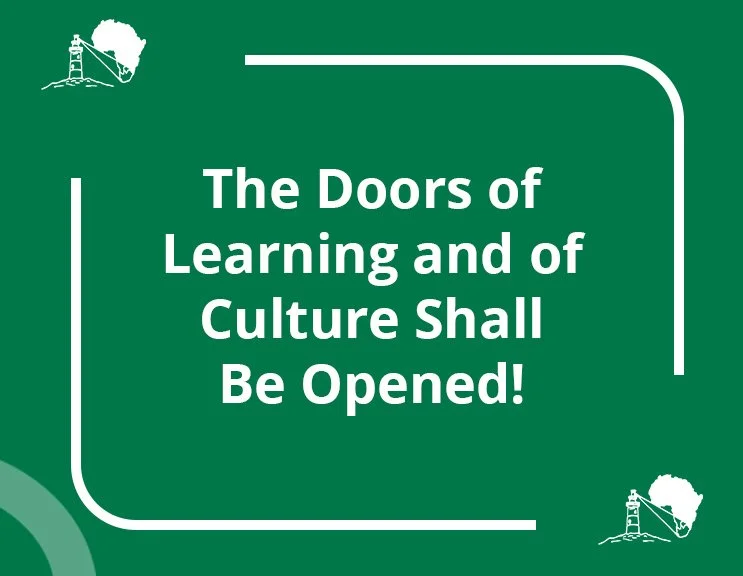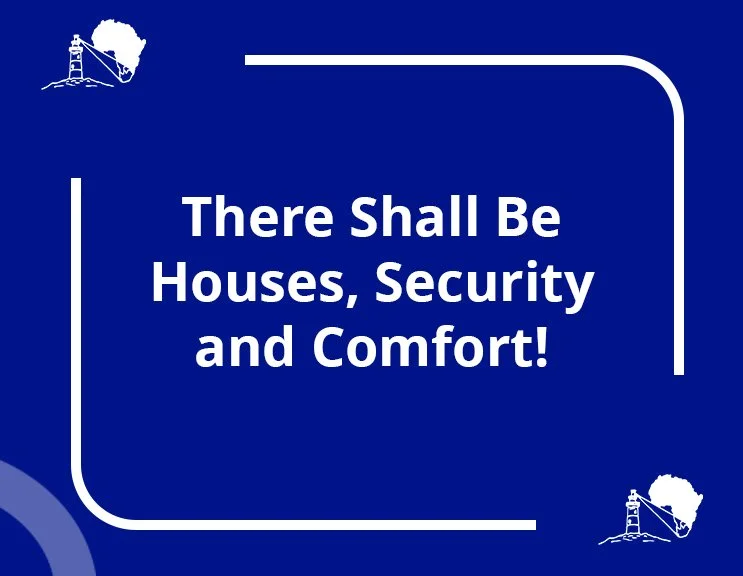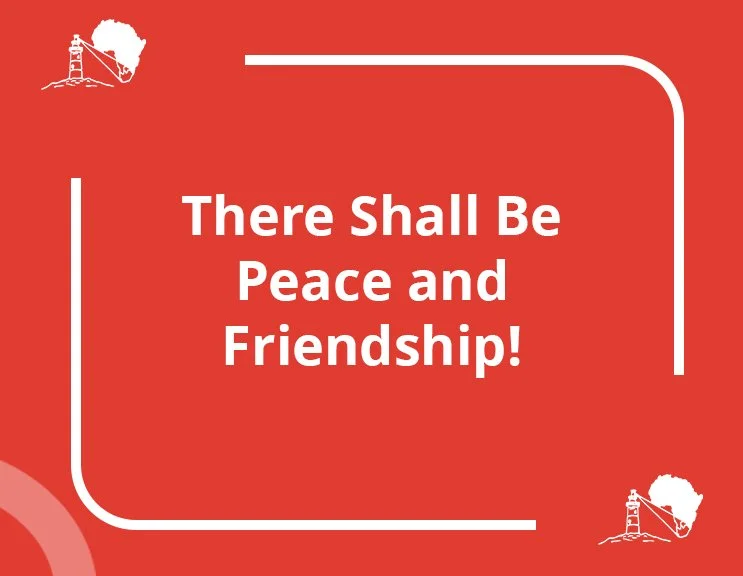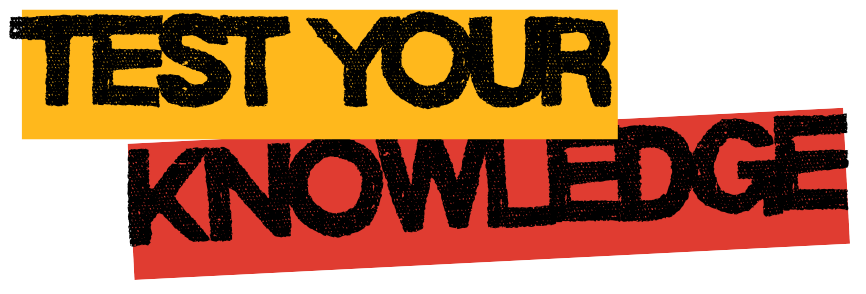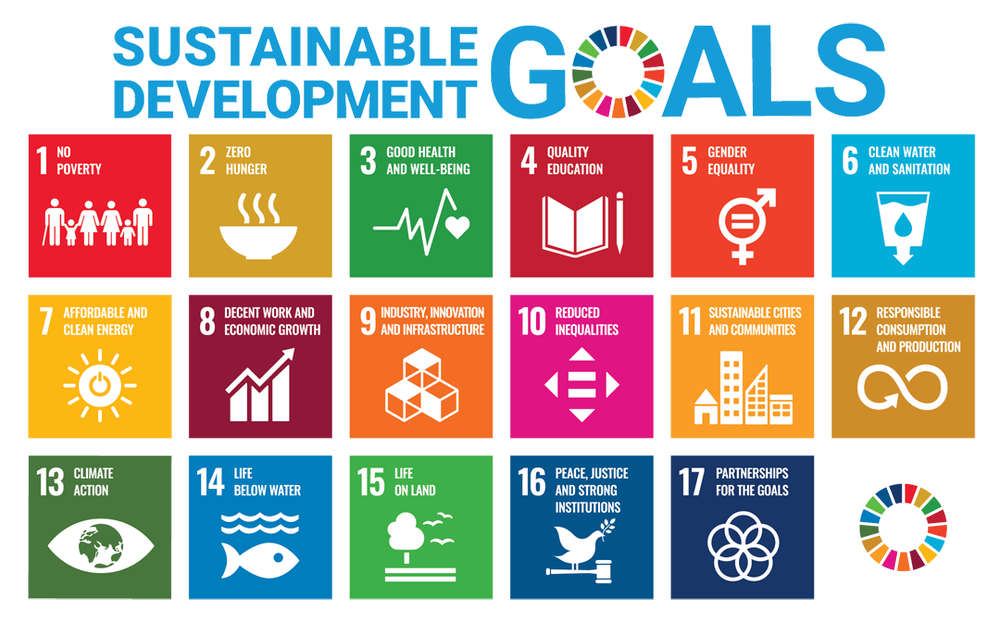1955 South Africa
The Freedom Charter
The Freedom Charter — adopted at the Congress of the People held in Kliptown, Johannesburg, 26 June 1955 — embodies nationwide demands from tens of thousands of South Africans of all ethnicities. These transformative goals are impeded today by international imperialist financial and political interests seeking control of South Africa’s natural resources. The South African people need our tangible international solidarity to make The Freedom Charter a reality! N.T. Naicker, a signatory of The Freedom Charter and co-founder of Committee for South African Solidarity (COSAS), fled to the U.S. with his family to avoid further persecution from the apartheid regime in 1985.
2015 United Nations
Sustainable Development Goals (SDGs)
The 2030 Sustainable Development Goals (SDGs) were adopted unanimously by all 193 member states of the United Nations on 25 September 2015. They agreed that these Goals must be achieved in each country and in cooperation with each other, for all human beings to fulfill their potential and to protect the Earth’s environment. South Africa and all African nations have embraced these Goals and strive to achieve them. The U.S. government, after ten years of inaction towards implementing them domestically, has now rejected and denounced the 2030 SDGs, claiming they are not in the interest of the people of the United States. COSAS fully endorses the 2030 SDGs to be implemented in all countries, and supports the right of all nations to sustainable development. Contact COSAS to learn more.
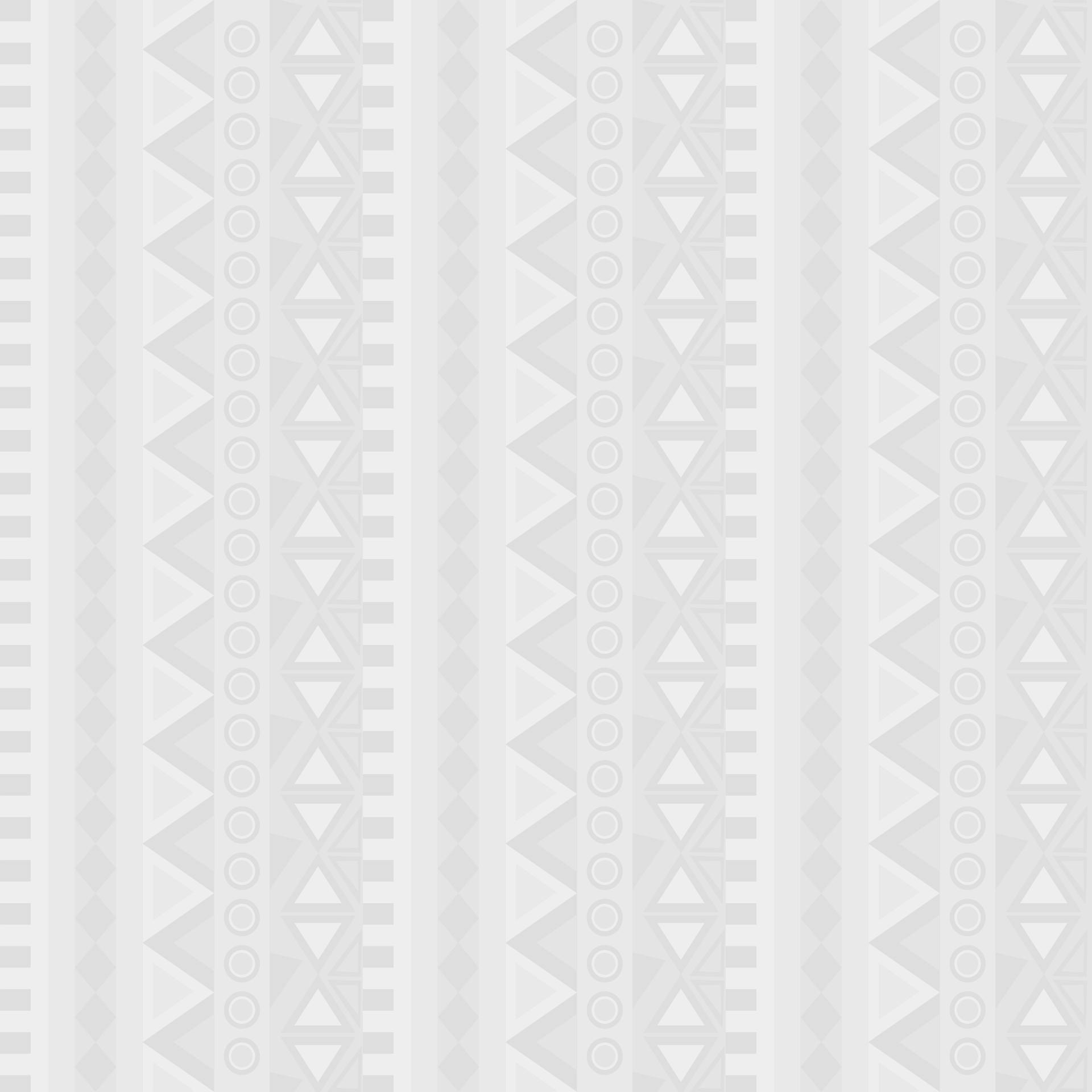
The Freedom Charter
Preamble
We, the People of South Africa, declare for all our country and the world to know:
that South Africa belongs to all who live in it, black and white, and that no government can justly claim authority unless it is based on the will of all the people;
that our people have been robbed of their birthright to land, liberty and peace by a form of government founded on injustice and inequality;
that our country will never be prosperous or free until all our people live in brotherhood, enjoying equal rights and opportunities;
that only a democratic state, based on the will of all the people, can secure to all their birthright without distinction of colour, race, sex or belief;
And therefore, we, the people of South Africa, black and white together — equals, countrymen and brothers — adopt this Freedom Charter;
And we pledge ourselves to strive together, sparing neither strength nor courage, until the democratic changes here set out have been won.

-
Every man and woman shall have the right to vote for and to stand as a candidate for all bodies which make laws;
All people shall be entitled to take part in the administration of the country;
The rights of the people shall be the same, regardless of race, colour or sex;
All bodies of minority rule, advisory boards, councils and authorities shall be replaced by democratic organs of self-government.
-
There shall be equal status in the bodies of state, in the courts and in the schools for all national groups and races;
All people shall have equal rights to use their own languages, and to develop their own folk culture and customs;
All national groups shall be protected by law against insults to their race and national pride;
The preaching and practice of national, race or colour discrimination and contempt shall be a punishable crime;
All apartheid laws and practices shall be set aside.
-
The national wealth of our country, the heritage of South Africans, shall be restored to the people;
The mineral wealth beneath the soil, the banks and monopoly industry shall be transferred to the ownership of the people as a whole;
All other industry and trade shall be controlled to assist the wellbeing of the people;
All people shall have equal rights to trade where they choose, to manufacture and to enter all trades, crafts and professions.

-
Restrictions of land ownership on a racial basis shall be ended, and all the land re-divided amongst those who work it to banish famine and land hunger;
The state shall help the peasants with implements, seed, tractors and dams to save the soil and assist the tillers;
Freedom of movement shall be guaranteed to all who work on the land;
All shall have the right to occupy land wherever they choose;
People shall not be robbed of their cattle, and forced labour and farm prisons shall be abolished.
-
No-one shall be imprisoned, deported or restricted without a fair trial; No-one shall be condemned by the order of any Government official;
The courts shall be representative of all the people;
Imprisonment shall be only for serious crimes against the people, and shall aim at re-education, not vengeance;
The police force and army shall be open to all on an equal basis and shall be the helpers and protectors of the people;
All laws which discriminate on grounds of race, colour or belief shall be repealed.
-
The law shall guarantee to all their right to speak, to organise, to meet together, to publish, to preach, to worship and to educate their children;
The privacy of the house from police raids shall be protected by law;
All shall be free to travel without restriction from countryside to town, from province to province, and from South Africa abroad;
Pass laws, permits and all other laws restricting these freedoms shall be abolished.

-
All who work shall be free to form trade unions, to elect their officers and to make wage agreements with their employers;
The state shall recognise the right and duty of all to work, and to draw full unemployment benefits;
Men and women of all races shall receive equal pay for equal work;
There shall be a forty-hour working week, a national minimum wage, paid annual leave, and sick leave for all workers, and maternity leave on full pay for all working mothers;
Miners, domestic workers, farm workers and civil servants shall have the same rights as all others who work;
Child labour, compound labour, the tot system and contract labour shall be abolished.
-
The government shall discover, develop and encourage national talent for the enhancement of our cultural life;
All the cultural treasures of mankind shall be open to all, by free exchange of books, ideas and contact with other lands;
The aim of education shall be to teach the youth to love their people and their culture, to honour human brotherhood, liberty and peace;
Education shall be free, compulsory, universal and equal for all children; Higher education and technical training shall be opened to all by means of state allowances and scholarships awarded on the basis of merit;
Adult illiteracy shall be ended by a mass state education plan;
Teachers shall have all the rights of other citizens;
The colour bar in cultural life, in sport and in education shall be abolished.
-
All people shall have the right to live where they choose, be decently housed, and to bring up their families in comfort and security;
Unused housing space to be made available to the people;
Rent and prices shall be lowered, food plentiful and no one shall go hungry;
A preventive health scheme shall be run by the state;
Free medical care and hospitalisation shall be provided for all, with special care for mothers and young children;
Slums shall be demolished, and new suburbs built where all have transport, roads, lighting, playing fields, creches and social centres;
The aged, the orphans, the disabled and the sick shall be cared for by the state;
Rest, leisure and recreation shall be the right of all:
Fenced locations and ghettos shall be abolished, and laws which break up families shall be repealed.

-
South Africa shall be a fully independent state which respects the rights and sovereignty of all nations;
South Africa shall strive to maintain world peace and the settlement of all international disputes by negotiation – not war;
Peace and friendship amongst all our people shall be secured by upholding the equal rights, opportunities and status of all;
The people of the protectorates Basutoland, Bechuanaland and Swaziland shall be free to decide for themselves their own future;
The right of all peoples of Africa to independence and self-government shall be recognised, and shall be the basis of close co-operation.
Let all people who love their people and their country now say, as we say here:
THESE FREEDOMS WE WILL FIGHT FOR, SIDE BY SIDE, THROUGHOUT OUR LIVES, UNTIL WE HAVE WON OUR LIBERTY
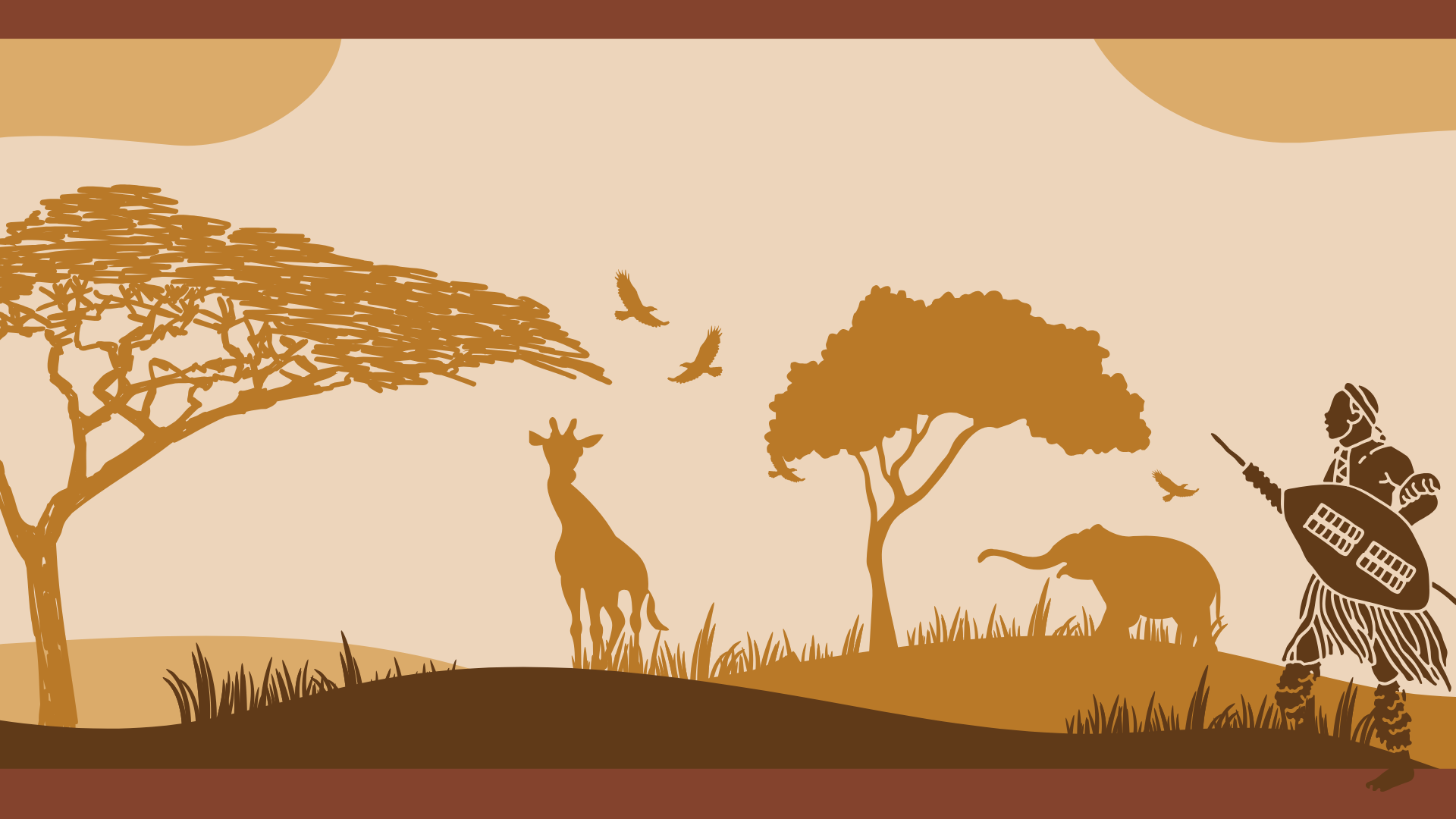
Algeria is the largest country in Africa with almost 1 million square miles. South Africa could fit in Algeria nearly twice.
The 2030 Agenda and the Sustainable Development Goals (SDGs)
The 2030 Sustainable Development Goals (SDGs) were adopted unanimously by all 193 member states of the United Nations on 25 September 2015. They agreed that these Goals must be achieved in each country and in cooperation with each other, for all human beings to fulfill their potential and to protect the Earth’s environment. South Africa and all African nations have embraced these Goals and strive to achieve them. The U.S. government, after ten years of inaction towards implementing them, has now rejected and denounced the 2030 SDGs, claiming they are not in the interest of the people of the United States. COSAS fully endorses the 2030 SDGs to be implemented in all countries, and supports the right of all nations to sustainable development. Contact COSAS to learn more.
Read United States’ 2023 report on the status of their implementation of the SDGs
Read South Africa’s 2023 report on the status of their implementation of the SDGs
(click here)
There is no U.S. Report. The U.S. is one of only 3 countries out of 193, and the only wealthy industrialized nation, to never have submitted a Voluntary National Review on their efforts to carry out the SDGs.
From the Preamble to Transforming our World:
The 2030 Agenda for Sustainable Development
This Agenda is a plan of action for people, planet and prosperity. It also seeks to strengthen universal peace in larger freedom. We recognize that eradicating poverty in all its forms and dimensions, including extreme poverty, is the greatest global challenge and an indispensable requirement for sustainable development.
All countries and all stakeholders, acting in collaborative partnership, will implement this plan. We are resolved to free the human race from the tyranny of poverty and want and to heal and secure our planet. We are determined to take the bold and transformative steps which are urgently needed to shift the world onto a sustainable and resilient path. As we embark on this collective journey, we pledge that no one will be left behind.
The 17 Sustainable Development Goals and 169 targets which we are announcing today demonstrate the scale and ambition of this new universal Agenda. They seek to build on the Millennium Development Goals and complete what these did not achieve. They seek to realize the human rights of all and to achieve gender equality and the empowerment of all women and girls. They are integrated and indivisible and balance the three dimensions of sustainable development: the economic, social and environmental.
The Goals and targets will stimulate action over the next fifteen years in areas of critical importance for humanity and the planet.

There are ten countries in Southern Africa: Angola, Botswana, Lesotho, Malawi, Mozambique, Namibia, Kingdom of Eswatini, South Africa, Zambia and Zimbabwe. However, there are 16 members are the Southern African Development Community (SADC).
The Soweto Uprising took place on 16 June 1976. The uprising was led by students demanding to learn English, rather than Afrikaans, allowing the students to speak to a global audience about the injustice of Apartheid. 575 were killed and 2000 injured.
